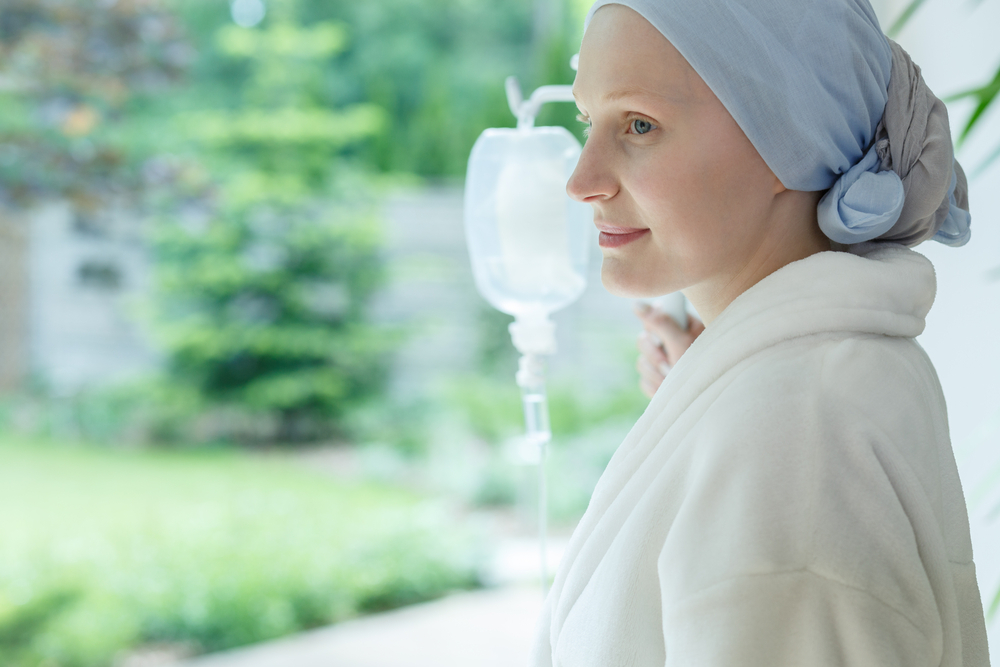In early August, the NHS announced the expansion of ‘COVID-friendly’ cancer treatments as part of a £160 million initiative, with the idea being to treat patients in a way that does not impede their immune systems whilst the virus remains prevalent in the community. This, in addition to ‘COVID-secure’ cancer hubs, is designed to fight back against the growing backlog of cancer patients on the NHS waiting list.
Official NHS figures suggest that fewer people are forthcoming with symptoms, with under 80,000 patients referred to a specialist consultant in April 2020, compared to almost 200,000 in April 2019. With no cure for cancer having been found during those 12 months, it is safe to say that this dramatic drop in figures is not as a result of cancer affecting fewer people, but due to the COVID-effect of the public not wanting to go to their local GP for a check-up.
To try and combat the effects of the pandemic on cancer treatment in the United Kingdom, the NHS announced an expansion of ‘COVID-friendly’ cancer treatments at the beginning of August. Not only is the hope that this, along with continued encouragement to get checked out, will convince people that it is safe to see the GP, but it is also hoped that such treatment will help in such unprecedented times in place of other forms of treatment that can have an impact on the immune system.

Treatments for Cancer
Some of the cancer treatments include chemotherapy, radiotherapy, immunotherapy and, more recently, proton beam therapy. All have helped to give cancer patients a fighting chance of survival, targeting cancerous cells in one form or another.
Chemotherapy, perhaps the most common of the cancer treatments, is the use of cytotoxic drugs aimed to destroy cancer cells and can be used in conjunction with radiotherapy or proton beam therapy. One of the benefits of radiotherapy is the high-targeted approach which reduces the damage caused to non-cancerous cells.
Immunotherapy, of the four mentioned types of treatment, directly impacts the immune system and is still being explored in its effectiveness as a combination treatment with chemotherapy.
Fighting the Effects of COVID-19
The new options made available to patients are drugs that can be taken at home with fewer side-effects. This reduces the strain on NHS, with fewer patients requiring hospital-based treatment and, therefore, reduces the risk of infection of COVID-19 and other viruses. Lenalidomide and enzalutamide are two of the drugs that have been made available.
It has been estimated that it could take the health service as long as a decade to catch up on the backlog that has been caused as an effect of the pandemic. Should a so-called second wave of COVID-19 cause another full lockdown, the effect could be disastrous and would undoubtedly cost thousands of lives as an indirect cause of the coronavirus.
Will it Work?
The hope is, of course, that this will work and reduce the impact that COVID-19 has had on cancer patients receiving treatment, as well as those who experience symptoms and have not sought out medical advice. Along with the advancement of treatments for COVID patients, which reduce the risk of death and the need for hospital admission, this can only be regarded as a move in the right direction.
The fact that now some cancer patients are receiving treatment, when it would have otherwise been delayed indefinitely, will help to save lives that would have otherwise been lost. We are by no means there yet, and there is a lot of work still to be done, but this is a fantastic first step.

